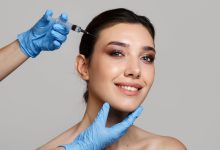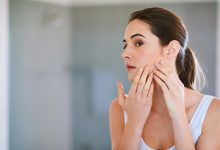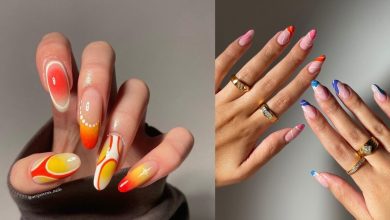Experts, Editors, and the Internet Agree: These 11 Serums Unlock Hyper-Speed Hair Growth

Once upon a time, I got a bad haircut. I went to a new hairstylist, asked for a trim, and left with a shockingly cropped cut that didn’t suit my style. I was desperate to grow it out as quickly as possible, yet despite my best efforts, it stopped at my shoulders. To make matters worse, I was experiencing hormonal issues at the time, and my hair was visibly thinning. I was in the midst of a hair emergency, and I was down to try anything to fix it. I did daily scalp massages. I used gentle shampoo. I even tried taking hair supplements. These things might have helped, but I only saw a major difference once I started using hair growth serums.
Something about the highly effective concentration of active ingredients combined with my consistent use made my hair grow faster, stronger, and thicker. I’ve been a big believer in hair growth serums ever since, and I still use them whenever I feel like my hair could use some extra density and length.
I have my favorite formulas, but I wanted to know which ones experts and my fellow beauty editors swear by, so I asked them—and they answered. Ahead, check out 11 expert-recommended serums that unlock hyper-speed hair growth.
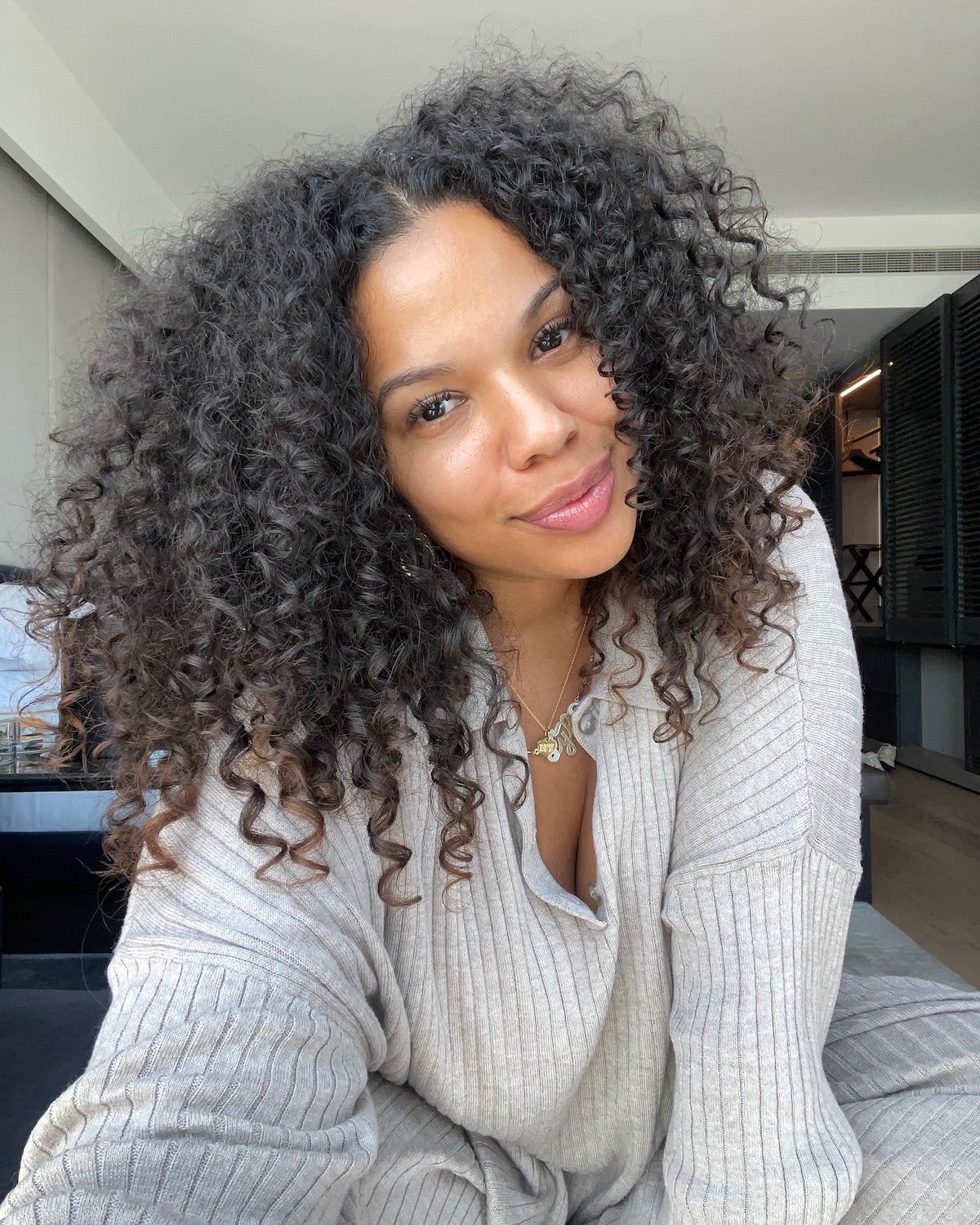
The Best Hair Growth Serums
- Virtue Flourish Density Booster ($50)
- Vegamour Gro Hair Serum ($64)
- Briogeo Destined for Density Peptide Hair Serum ($57)
- Act+Acre Cold Processed Stem Cell Serum ($86)
- Virtue Flourish Nightly Intensive Hair Growth Treatment Kit ($134)
- ReTress Serum ($54)
- Camille Rose Cocoa Nibs & Honey Ultimate Growth Serum ($16)
- Divi Scalp Serum ($48)
- Nécessaire The Scalp Serum ($45)
- Ouai Scalp Serum ($52)
- The Ordinary Multi-Peptide Serum ($23)
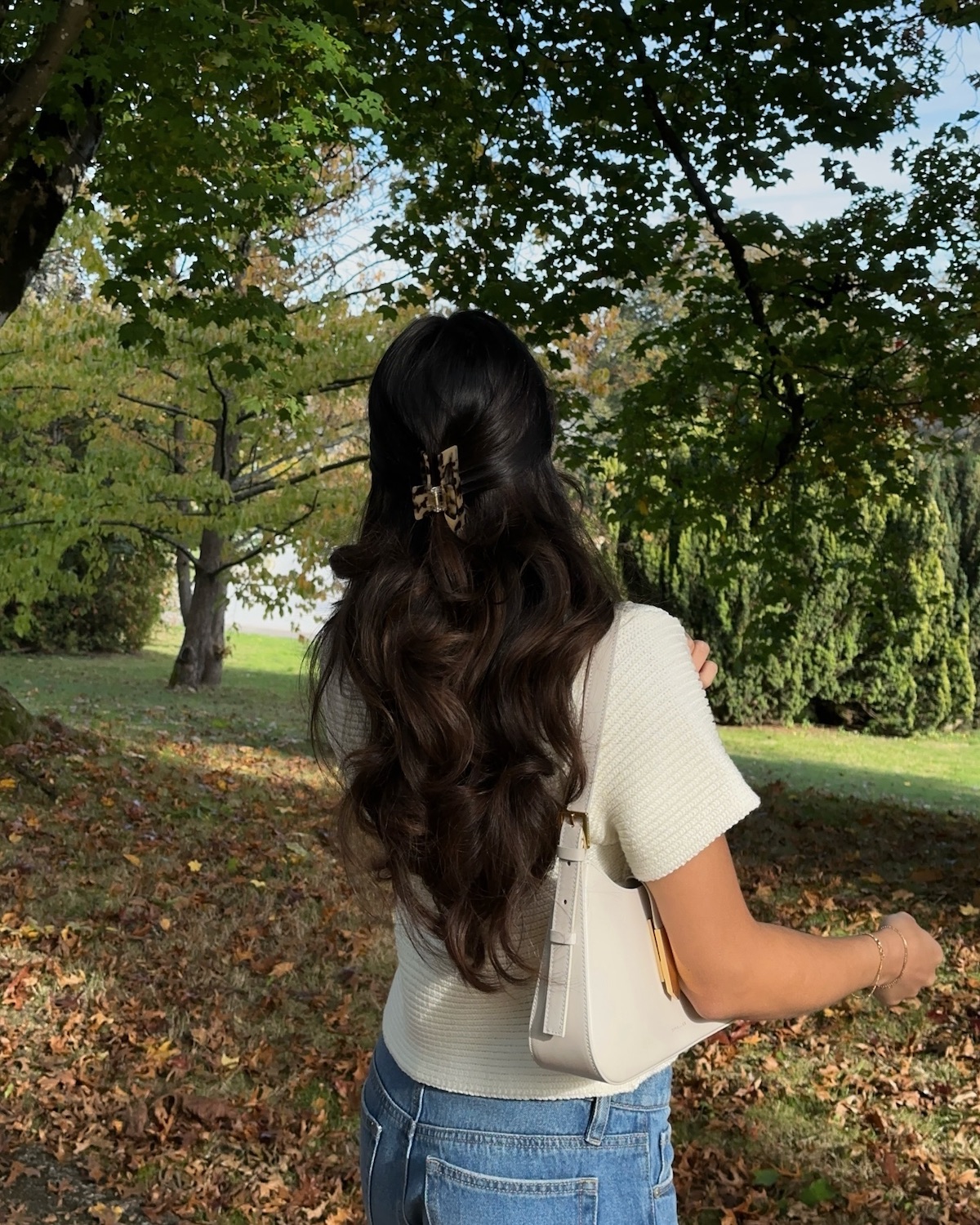
Do Hair Growth Serums Really Work?
Candace Spann, MD, is a board-certified dermatologist and hair loss specialist. She says, “Hair growth boosting serums can absolutely be effective, especially if they help improve blood flow to the scalp, help calm scalp inflammation, and help stop shedding.”
Double board-certified dermatologist of MDCS Dermatology Brendan Camp, FAAD, MD, says that while hair growth serums can be powerful, they have indirect, rather than direct, effects. In other words, they don’t instantly and magically boost hair growth, but they do “set the scalp and hair follicles up for success by providing nutrients and vitamins and promoting the health of scalp and hair cells.”
What’s the Difference Between a Serum and a Supplement?
A hair growth serum is a topical solution you apply to the scalp and hair, whereas a hair growth supplement is something you take orally. Camp says there’s limited data to support the efficacy of scalp serums and supplements. That doesn’t mean they’re not effective; it just means they require more unbiased research. “Many of the studies released on each product are produced by the manufacturer, introducing an element of bias in the results,” he says.
Meanwhile, Spann says you should use both a serum and a supplement for the best results. “The most effective approach to hair loss includes both an inside-out and an outside-in approach.” While there are many hair supplements on the market, it’s important to use one that’s studied, expert-vetted, or ideally, expert-formulated, like Spann’s very own ReTress Supplements ($26). They contain a high dose of biotin, vitamin A, and zinc to support healthy hair growth.
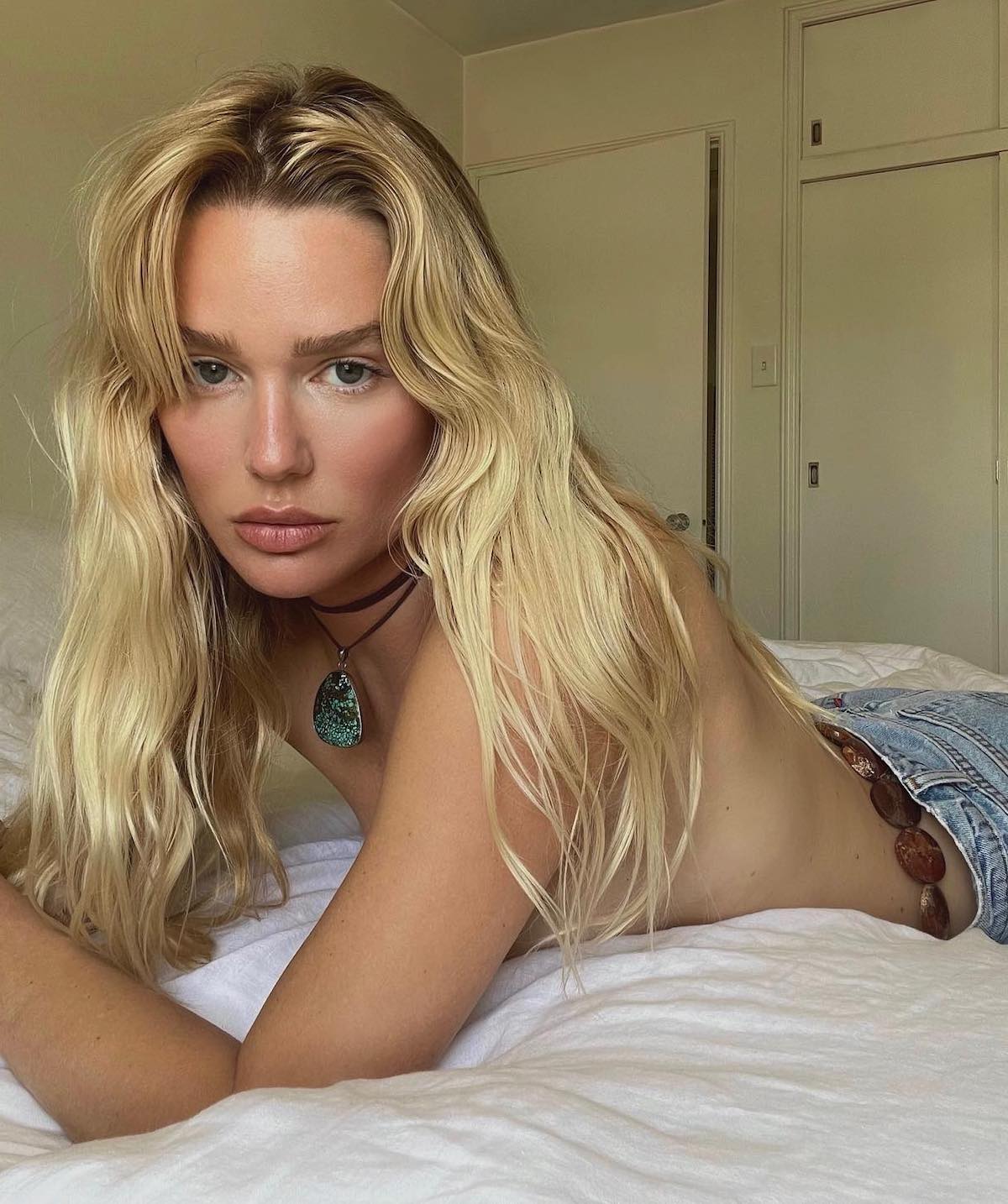
What Ingredients Should You Look For in a Hair Growth Serum?
While there are many active ingredients found in hair growth serums, Camp says the only one that’s been FDA-approved to treat androgenetic alopecia (the most common form of hair loss) is minoxidil. “Minoxidil is thought to act by increasing blood flow and therefore oxygenation of hair follicles and stem cells that exist along the hair follicle,” he says. “Improved circulation and oxygenation may encourage the growth of stem cells and encourage hairs to remain in anaphase, the growth phase of their life cycle.”
Spann seconds this, adding that minoxidil, though effective, isn’t without potential side effects. “The main side effects of minoxidil are unwanted hair growth on the face and scalp inflammation. That being said, there are a lot of hair growth-boosting serums that are helpful with hair growth and do not contain minoxidil. Ingredients to look for include rosemary oil, shea butter, anti-inflammatory ingredients like licorice extract, growth peptides, and herbs like apigenin to help reduce shedding.”
How Often Should You Apply Hair Growth Serums?
“Growth boosting serums should be applied daily, indefinitely, as your hair is constantly in different stages of the growth cycle,” Spann says. “Because the shedding phase is a normal part of the growth cycle, it is impossible to treat hair loss for a finite amount of time and expect the results to be sustained over many growth cycles.”
Camp agrees, saying that it’s important to stay consistent when using a hair growth serum and give it enough time to *actually* work. “Know that scalp hair typically grows at a rate of about one centimeter per month. If you use a hair growth product for only a month before moving on to the next one, you are not giving the product enough time to prove itself. Use a hair growth product for at least three to four months before deciding if it is helpful or not.”
1. Virtue Flourish Density Booster
2. Vegamour Gro Hair Serum
3. Briogeo Destined for Density Peptide Hair Serum
4. Act+Acre Cold Processed Stem Cell Serum
5. Virtue Flourish Nightly Intensive Hair Growth Treatment Kit
6. ReTress Serum
7. Camille Rose Cocoa Nibs & Honey Ultimate Growth Serum
8. Divi Scalp Serum
9. Nécessaire The Scalp Serum
10. Ouai Scalp Serum
11. The Ordinary Multi-Peptide Serum
Explore More:
Source: WhoWhatWear
Related Posts
- 5 foods you must have if want Korean Glass Skin
- I Asked the Coolest People I Know: What Makes an It-Girl Lip Balm?
- 7 hairstyles for women popular in 2025 weddings
- 12 Coconut Perfumes That Smell Like an Expensive Vacation (and Not Sunscreen)
- The 6 Hats Everyone Will Be Wearing Instead of Bucket Hats This Summer

